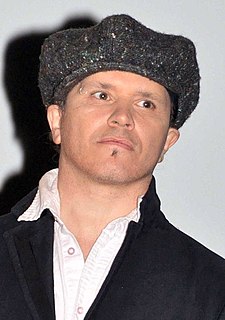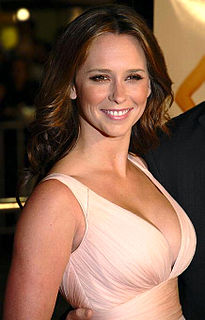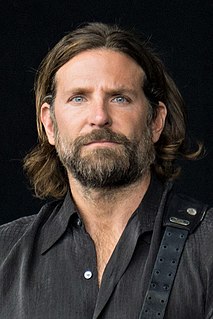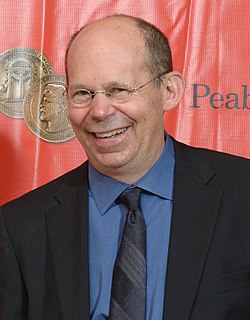A Quote by Olivier Dahan
The difficulty with telling stories about real people is you have to find a way of mixing yourself into the matter.
Quote Topics
Related Quotes
There's a social and human necessity for some kind of continuity, but it's not axiomatic and not something you're born into; it's something you have to work at. And one of the ways to work at it - perhaps the best - is storytelling: telling stories about yourself to others, telling stories about yourself to yourself, telling stories about others to others.
My real purpose in telling middle-school students stories was to practice telling stories. And I practiced on the greatest model of storytelling we've got, which is "The Iliad" and "The Odyssey." I told those stories many, many times. And the way I would justify it to the head teacher if he came in or to any parents who complained was, look, I'm telling these great stories because they're part of our cultural heritage. I did believe that.
One of the most common words in the invalidating, self-blaming stories we believe about ourselves or our situations is the word "should." The psychologist Albert Ellis has coined the phrase "Stop shoulding on yourself." When you tell yourself that you should feel or be another way, you are likely to feel bad about yourself. As an alternative, try telling yourself that it is okay to feel or be the way you are, even though you have some idea that you should feel or be different.
I do think that even with entertainment and telling stories, people in the entertainment industry have such a beautiful position in the world to speak about things that they're passionate about in a way that can grab people more than just sitting and telling someone about something, because you can show it visually.
I love telling stories. I think of myself as a storyteller, and I don't feel bound by being just a singer or an actress. First, I'm a storyteller, and history is stories - the most compelling stories. There is a lot you can find out about yourself through knowing about history. I have always been attracted to things that are old. I have just always found such things interesting and compelling.
You can't really control how people are going to feel about you; all you can really do is be yourself. Because if you seduce somebody, and you seduce them by pretending to be a certain way, once they are seduced they are going to find that you are not that way. And then you have to maintain an image that's not real, so you really screw yourself. The best is to be yourself and hope they like you.
There's something exhilarating about telling stories that haven't been shared before and haven't been told publicly before. The last thing I want to be doing is telling stories other people have already told. That's not to say that there isn't important work out there about people in positions of power, but I know my strength. Even when I was at the Wall Street Journal 10 years ago, this is what I wrote about.
When an acting teacher tells a student 'that wasn't honest work' or 'that didn't seem real,' what does this mean? In life, we are rarely 'truthful' or 'honest' or 'real'. And characters in plays are almost never 'truthful' or 'honest' or 'real'. What exactly do teachers even mean by these words? A more useful question is: What is the story the actor was telling in their work? An actor is always telling a story. We all are telling stories, all the time. Story: that is what it is all about.






































